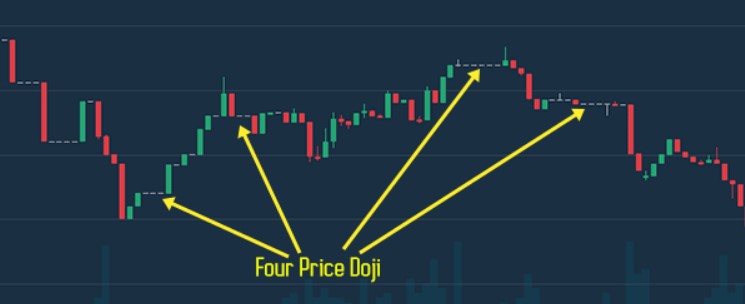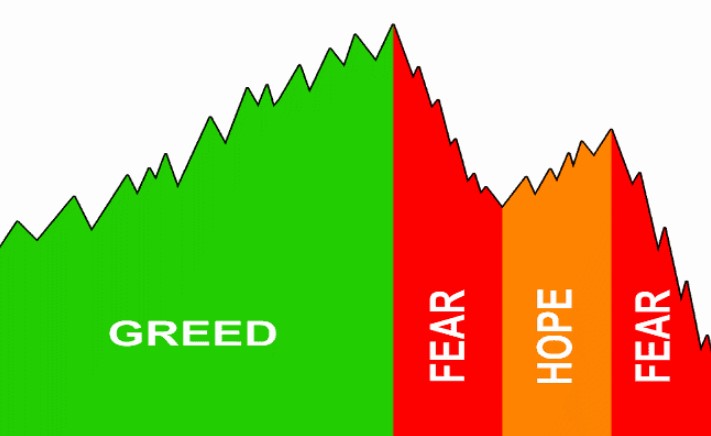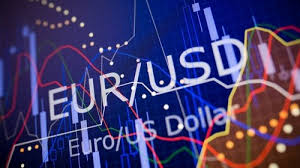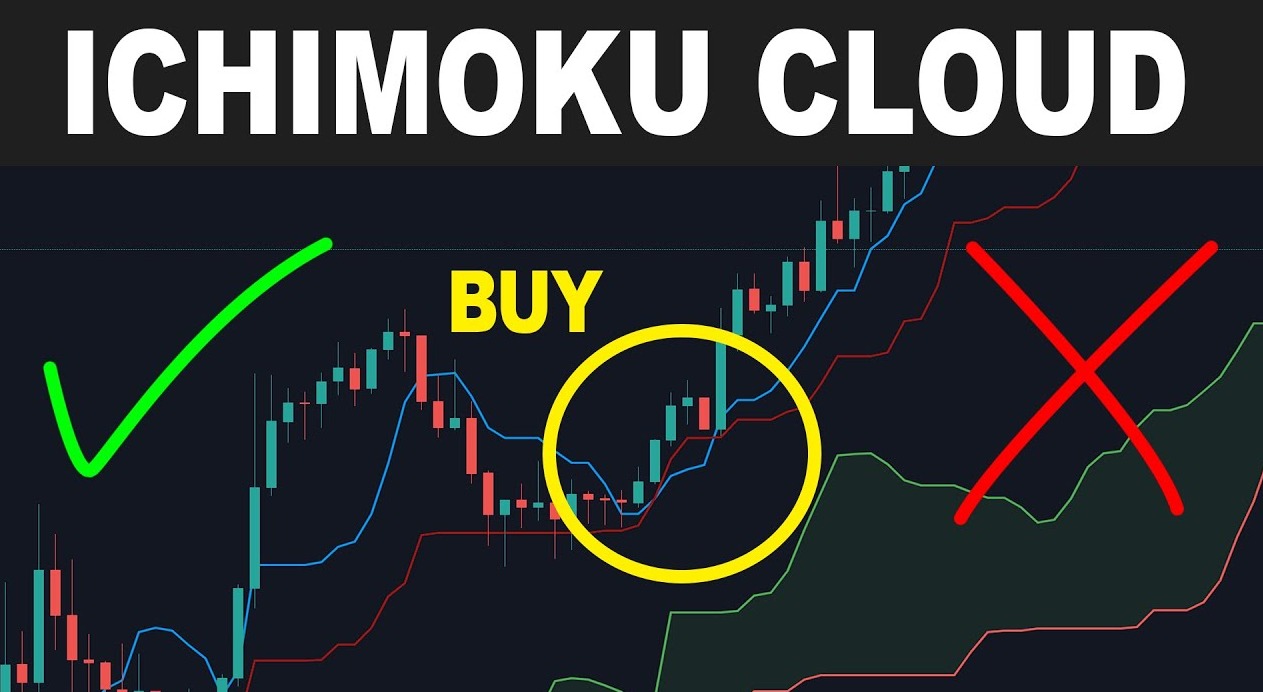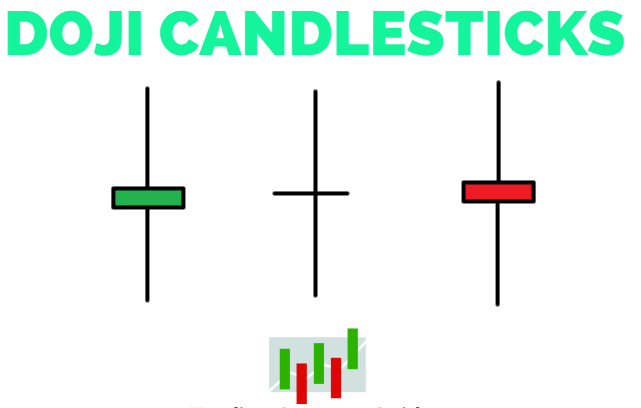
Top 5 things to consider when choosing a Forex Broker
In the foreign exchange market, there are hundreds of online forex brokers competing for your business. If you are a trader in the foreign exchange market, you have a lot of options. In fact, if you visit a financial news website, you're almost certain to be inundated with an excessive quantity of online adverts from forex brokers. In this post, we'll look at five points to keep in mind while selecting the proper broker for your needs and circumstances.
1. Regulatory Compliance
When choosing a forex broker, the first thing to look for is their track record of success. When it comes to the United States, a trustworthy forex broker will be a member of the National Futures Association (NFA), which is a self-regulatory body that regulates the futures market. 1 Moreover, the company will be registered with the Commodity Futures Trading Commission (CFTC), which is responsible for regulating the commodity futures and options markets in the United States2.
A fancy website does not imply that a broker is an NFA member or that he or she is subject to CFTC regulation. A broker's NFA member number may usually be found in the "About Us" section of its website under the "Members" heading. Aside from that, every nation outside of the United States has its own regulating organization. In order to avoid any worries about the security of deposits and the integrity of the broker, accounts should only be created with brokers that are properly licensed and regulated.
2. Account Features
Forex brokers provide a variety of account types to choose from. When comparing features amongst brokers, keep the following factors in mind: leverage and margin; fees and spread; initial deposit requirements; and the simplicity with which deposits and withdrawals may be made.
Leverage and Margin
Participants in forex trading may be able to take use of leverage made available in their margin account, depending on the broker. For example, employing 50:1 leverage, a trader with a $1,000 account size may maintain a position with a value of $50,000 in the market. Some brokers provide leverage in the range of 200:1. When a trader has a winning position, leverage works in his or her advantage since the possibility for earnings is substantially increased. Leverage, on the other hand, has the ability to swiftly deplete a trader's account since the risk for losses is multiplied as well. Caution should be used while using leverage.
Commissions and Spreads
A forex broker that does not accept commissions may charge a portion of the spread, which is the difference between the bid and ask price of a currency pair, as a commission. Spreads are used by many brokers that do not charge commissions instead of charging a fixed rate. Understand how your broker earns its money and search around for a better deal.
A set spread of three pips, for example, might be used, or the spread could be changeable based on market volatility. A pip is the smallest unit of price movement in the forex market. When the spread is bigger, it might make it more difficult to turn a profit. Popular trading pairings, such as the EUR/USD and GBP/USD, will have tighter spreads than less-popular trading pairs, such as the AUD/USD and CAD/USD.
Initial Deposit
The majority of forex accounts may be established with a relatively little initial investment, perhaps as little as $50 in certain cases. As a result of the use of leverage, the purchasing power is significantly more than the initial investment, which is one of the reasons why forex trading is so appealing to beginner traders and investors. Numerous brokers provide regular, mini, and micro accounts, each with a different minimum initial deposit requirement.
Ease of Deposits and Withdrawals
Each forex broker has its own set of withdrawal and funding procedures that are unique to them. Account holders may be able to fill their accounts online using a variety of methods such as credit card, ACH payment, PayPal, wire transfer, bank check, or company or personal check. Withdrawals are normally processed using a check or wire transfer service. For either service, the broker may charge a fee to the client.
3. Currency Pairs Offered
Despite the fact that there are a large number of currencies accessible for trading, just a handful of them get the bulk of attention and, as a result, trade with the highest liquidity. In addition to the previously stated EUR/USD and GBP/USD pairings, the important pairs to watch are the USD/JPY and USD/CHF pairs. A forex broker may have a large range of forex pairs to choose from, but the most essential thing is that they have the pairs that you are interested in as a trader.
4. Customer Service
Due to the fact that forex trading happens around the clock, a broker's customer assistance should be accessible at all times. Also examine how simple it is to get in touch with a real person over the phone. A brief phone contact to a broker may provide you with an idea of the sort of customer service they offer as well as the usual wait times they experience.
5. Trading Platform
The trading platform serves as the investor's gateway to the financial markets. As a result, traders should ensure that a broker's platform and software has the technical and fundamental analysis tools they need, as well as the ability to initiate and exit trades quickly and easily.
In particular, this latter element is critical: a well-designed trading platform will have distinct buy and sell buttons, and some platforms even include a "panic" button that immediately terminates all open orders. A badly designed interface, on the other hand, may result in expensive order input errors.
Customization options, order input kinds, automated trading options, strategy builders, backtesting tools, and trade notifications are some of the other factors to consider while choosing a platform. Most brokers provide free demo accounts so that traders may get a feel for the trading platform before deciding whether or not to create and fund a real account.
The Bottom Line
With faith in your forex broker, you will be able to dedicate more time and attention to forex research and the development of forex strategies in the long run. When it comes to investing in the forex market, doing a little research before committing to a broker may go a long way toward increasing an investor's chances of success.
Discover the Fundamentals of Trading and Investing
Are you interested in learning more about trading and investing? Whatever your preferred method of learning, there are more than enough courses to get you started. Using Udemy, you'll be able to pick courses taught by real-world professionals and study at your own speed, all while having lifelong access to the courses on mobile and desktop. You'll also be able to learn the fundamentals of day trading, option spreads, and other financial instruments. Learn more about Udemy and sign up to get started right now.
